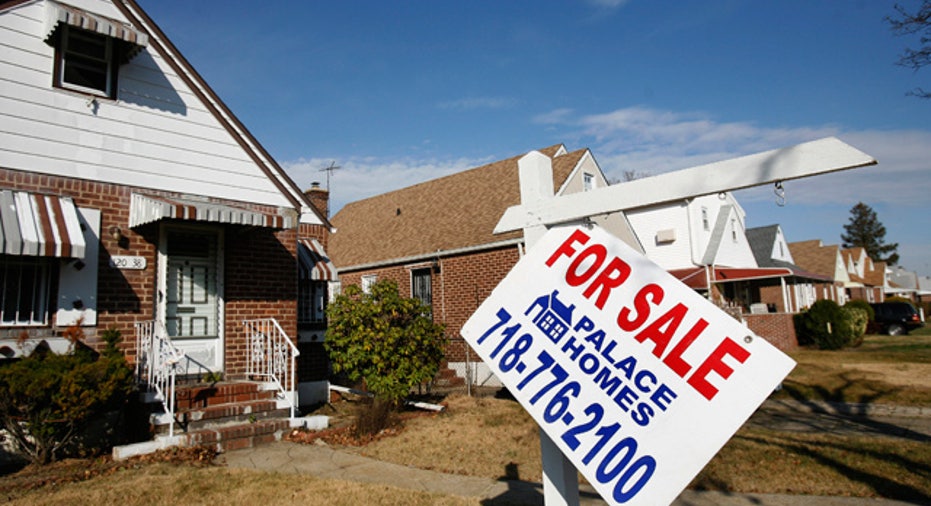Why Fix Up an Underwater Home?

Your home is worth less than you owe on it, and you need to sell. So what to do? Instead of skipping town, consider something altogether different -- fixing it up.
Pumping more money into an underwater (not literally) home may seem like an act of financial madness. Even sweat equity may seem like a misuse of time better spent putting in overtime or writing a new resume.
But in some cases, a few thousand extra spent to liven up a dull kitchen or dingy bathroom could make the difference between a home that sells and another that doesn't.
Still, there is no one size fits all when it comes to deciding whether to put more money into an underwater home or simply cut your losses.
The answer may depend on where you live and how submerged your home is.
Some factors to consider:
How far underwater is your home? One good indicator is how far home prices in your market have fallen from their peak. In some markets prices have dipped, but they are still within striking distance. Prices in the Boston area are off roughly 20%, while in Denver they're down just 10%.
In other cities, prices have plunged to such depths that even a renovation that boosts value by 20% won't cut it. In Las Vegas, where prices have fallen by nearly 60% from their peak, that would still leave you 40% down.
Are you in a fix-up market? Some markets are fix-up markets. High-priced urban markets in the Northeast, such as Boston and New York, have an abundance of older homes, many needing work. For buyers already stretching to buy a 1940s colonial or a 1950s Cape, a drab bathroom in need of repair may be the last straw. Spending a thousand or two on some modest renovations -- or in special cases, even adding a bathroom -- could snare a buyer and fetch a better price.
"If I am in a town where people expect two-and-half bathrooms and my house has one-and-a-half bathrooms, you need to understand a lot of people are going to walk away," says Kermit Baker, senior research fellow at Harvard University's Joint Center for Housing Studies.
Conversely, are you in a price-is-everything market? It's not surprising that in a market with lots of older homes, renovations are valued. But in states with a vast supply of new homes, such as Florida, Arizona, Nevada and parts of California, a homeowner who does a major renovation before selling may simply be seen as an oddball.
Mitch Ribak, broker-owner of eHomes Realty Network and Tropical Realty of Suntree, Fla., contends price is king right now in the Sunshine State. Instead of pumping another $20,000 into your house, drop your price by that amount, he says. "I think it's throwing good money after bad. I don't see anyone doing any work when they are getting ready to put their house in the market," Ribak says.
Stick with easy to midrange fixes: There is fixing up and then there is really fixing up. At some point, you need to be prepared to draw the line between what's practical to do and what's not. The tired kitchen with that worn, 1970s "Brady Bunch" look is a good example. You might consider refacing and repainting the cabinets and putting in new countertops -- especially if you have old Formica that's showing years of abuse, says Jim Hamilton, vice president for the National Association of Realtors' Region 13, which covers California, Hawaii and Guam. No need to go crazy with granite to freshen things up. Think hard before doing a gut-and-rehab.
Finally, what is your financial state? If you are doing just fine, but got transferred and need to sell and move to a new part of the country, then a modest investment in time and money might make sense. For that matter, if you are in market where prices are off 20%, but you plan to stay in house for the next decade or two, build away.
But if you are falling behind on your mortgage and trying to do a classic short sale, you might want to keep your investment limited to the sweat equity kind. "If the bank is going to take your home anyway, the more you put in the less you are going to get out," Hamilton says.



















